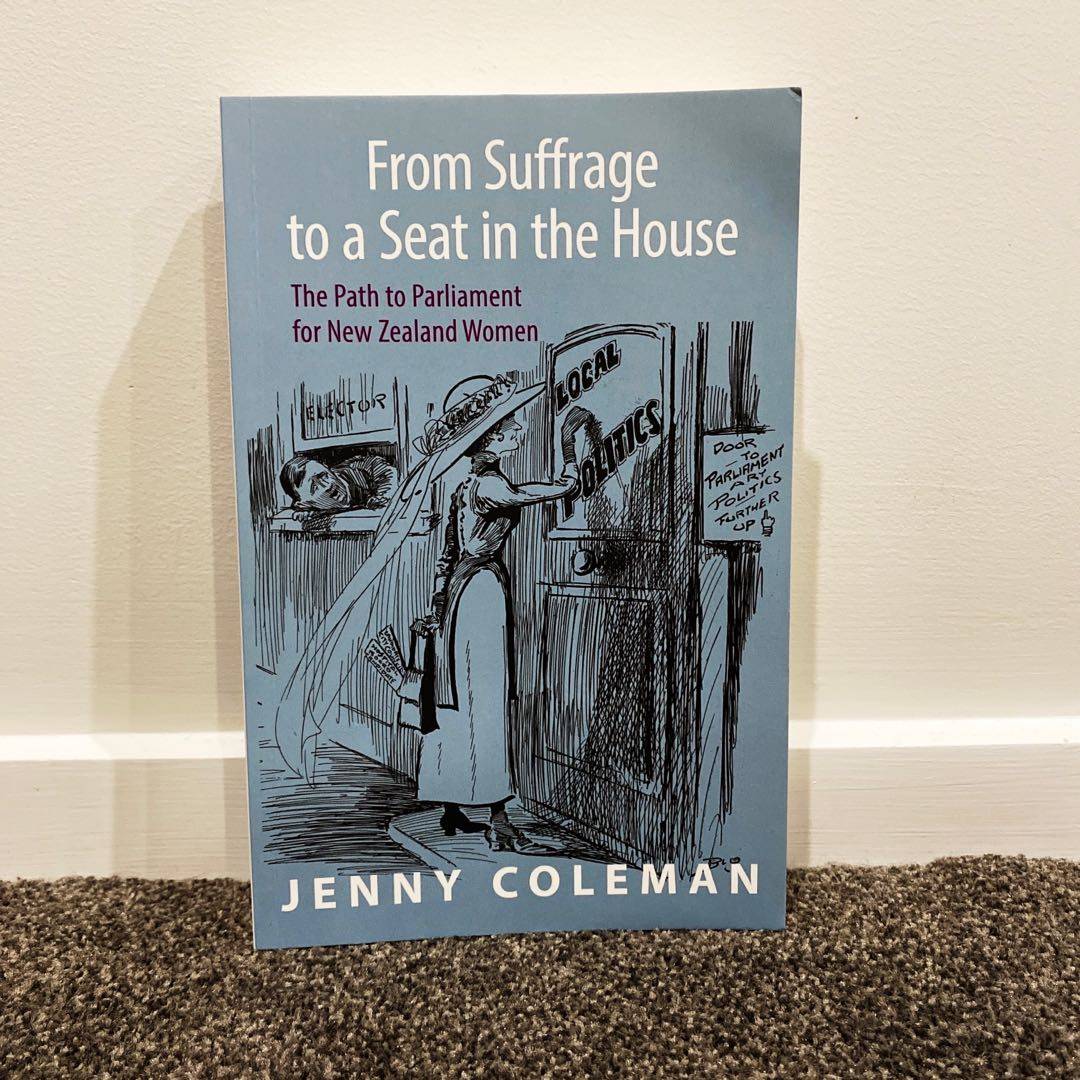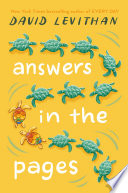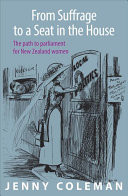
The solid history of the path to parliament for NZ women that we all need. We love to celebrate ourselves as “world leaders” for enfranchising women, and this often overshadows the less progressive attitudes to women in politics which characterise much of our political history beyond this decision. A niche interest perhaps but an excellent book. #historyteacher
29 likes


















